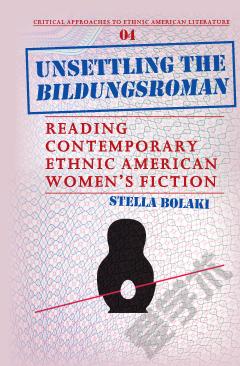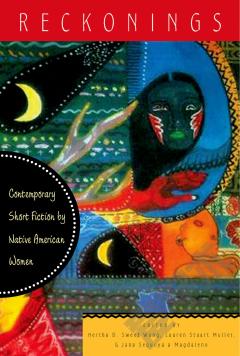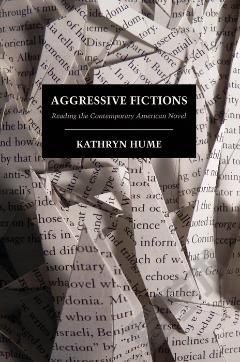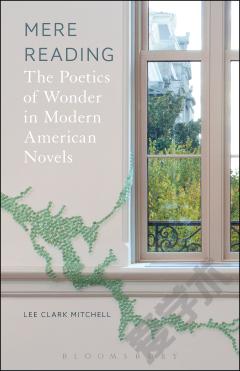Unsettling the Bildungsroman —— Reading Contemporary Ethnic American Women’s Fiction
----- 令人不安的成长小说
What kinds of uncertainties and desires do generic issues evoke? How can we account for the continuing hold of the Bildungsroman as a model of analysis? Unsettling the Bildungsroman: Reading Contemporary Ethnic American Women's Fiction combines genre and cultural theory and offers a cross-ethnic comparative approach to the tradition of the female novel of development and the American coming-of-age narrative. Examining closely the work of Jamaica Kincaid, Sandra Cisneros, Maxine Hong Kingston, and Audre Lorde, the chapters foreground processes of constructing an alternative "art of living" which challenges the Bildungsroman's drive for either assimilation or ethnic homogeneity and pushes for new configurations of ethnic and American female identity. Drawing on feminist/gender studies, psychoanalytic theory, translation theory, queer theory, and disability studies, the book provides a theoretically engaged rethinking of the Bildungsroman's form and function. Addressing questions of aesthetics and politics, freedom and belonging, betrayal and responsibility, and tracing the Bildungsroman's links with life-writing forms such as immigrant narrative, mother-daughter story, biomythography, and illness narrative, the study outlines the various ways in which the novel of individual development becomes an appropriate site for the negotiation of several enduring and contentious tensions in ethnic American writing. Of potential interest to scholars of American literature, but also ethnic, feminist and postcolonial literatures, and to students of American literature and culture, the book demonstrates the Bildungsroman's ongoing relevance and expanded capacity of representation in an ethnic American and postcolonial context.
{{comment.content}}








 京公网安备 11010802027623号
京公网安备 11010802027623号